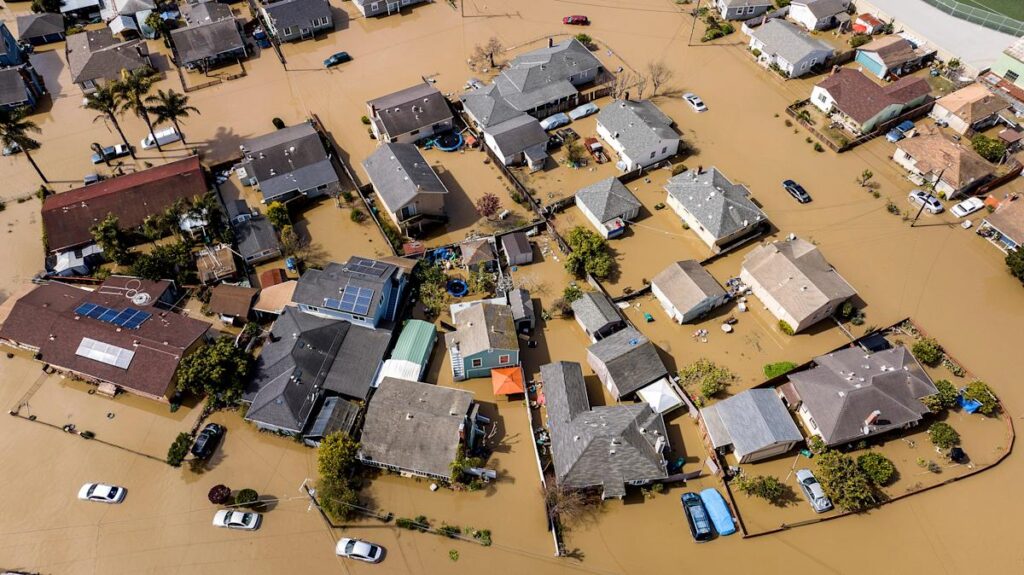Authorization for the largest residential flood insurance program in the U.S. is set to expire Tuesday, leaving homeowners unable to access new coverage and potentially wreaking havoc on home sales in flood-prone areas.
Millions of policyholders rely on the National Flood Insurance Program to secure flood coverage that is rarely part of standard homeowners policies and is required for mortgages in areas deemed high-risk. If Congress is unable to pass a spending bill before midnight Tuesday, the NFIP, like much of the federal government, will freeze.
Shop Top Mortgage Rates
Claims could still be paid, but with two months left in the Atlantic hurricane season and winter weather on its way, homeowners and renters would be unable to buy, renew, or add to policies.
That would also thwart real estate transactions where mortgages require flood insurance. Lenders are prohibited from issuing government-backed mortgages for properties in FEMA-designated “ special flood hazard areas ” unless the building or mobile home is covered by flood insurance. Since private insurance does not offer flood coverage in many parts of the U.S., buyers often depend on the NFIP.
“Each day a shutdown continues, the effects on the housing sector grow,” said Shannon McGahn, executive vice president and chief advocacy officer at the National Association of Realtors.
NFIP supports nearly half a million home sales annually, according to NAR. Past lapses have shown the potential impact on the market: During a roughly 30-day freeze in June 2010, NAR estimated 1,400 home sales were canceled or delayed each day.
The problem would be most acutely felt in Florida where about 14,800 monthly home sale closings depend on securing flood insurance. Texas, with 3,500 monthly closings, would also be impacted.
Flood insurance access is “just one of the many ways the extended shutdown could worsen the outlook for the housing market across the country,” said Francis Torres, associate director for housing and infrastructure projects at the Bipartisan Policy Center, citing housing vouchers and FHA-backed loans for first-time homebuyers as other areas that could be undermined by limited funds and staff.
“There is a direct through-line between a protracted shutdown and worsening conditions for the nation’s housing crisis,” said Torres.
Congress created the NFIP through the National Flood Insurance Act of 1968. It was meant to improve flood insurance access and affordability but also to set floodplain management standards.
“It’s not just an insurance program, and that’s probably the most misunderstood aspect,” said Chad Berginnis, executive director of the Association of State Floodplain Managers.


